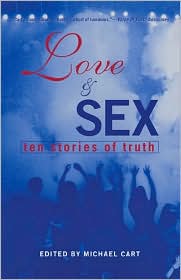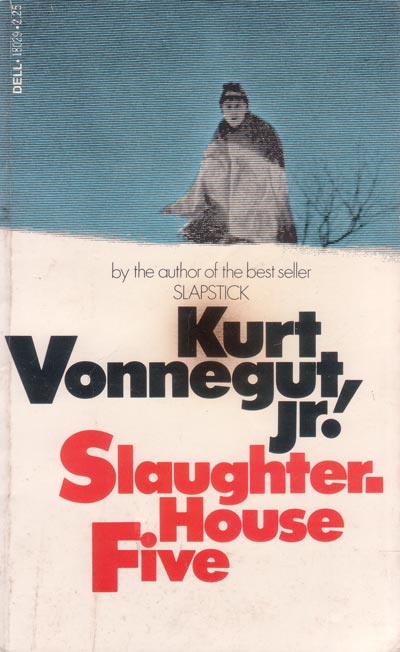It baffles me to think that we are still so hung up on sex as a taboo subject, while drugs and violence are still visible to a staggering degree. This actually reminds me of a recent incident in which the show Game of Thrones on HBO was criticized for showing too much female nudity, while absolutely nothing was said about the multiple beheadings in the season premiere, not to mention the themes of incest and rape. It was all about the boobies. (Though don't get me wrong, I'm in no way saying that the show is for kids!) So this report of a backlash against gay sex is not at all surprising in some respects. This does not mean that I am not appalled.A New Jersey school has dropped two popular books with—gasp! Gay sex scenes!—from their required reading lists, and apologized to parents for exposing their children to such a morally reprehensible act. The books? Haruki Murakami's Norwegian Wood and Nic Sheff's Tweak: Growing Up On Methamphetamines. The meth and mental instability and suicide that make up the other major themes in the books? Those are apparently just fine. (Gothamist.com)
The fact that the two texts were part of list of books created by a group of teachers and approved by the Board of Education apparently means nothing.
Peter Sprigg of the Family Research Council jumped on the book-banning bandwagon, telling Fox News that "Here we see the intersection of parental values being offended, the hyper-sexualization of our youth and the homosexual agenda being pushed. This just illustrates why a lot of American parents are not willing to entrust their children to the public schools anymore."Apparently sex is the reason that American parents don't like the public education system. They would rather students remain entirely ignorant to sex and sexuality, because, as we all know, you never get pregnant or catch an STI because of ignorance... right?








